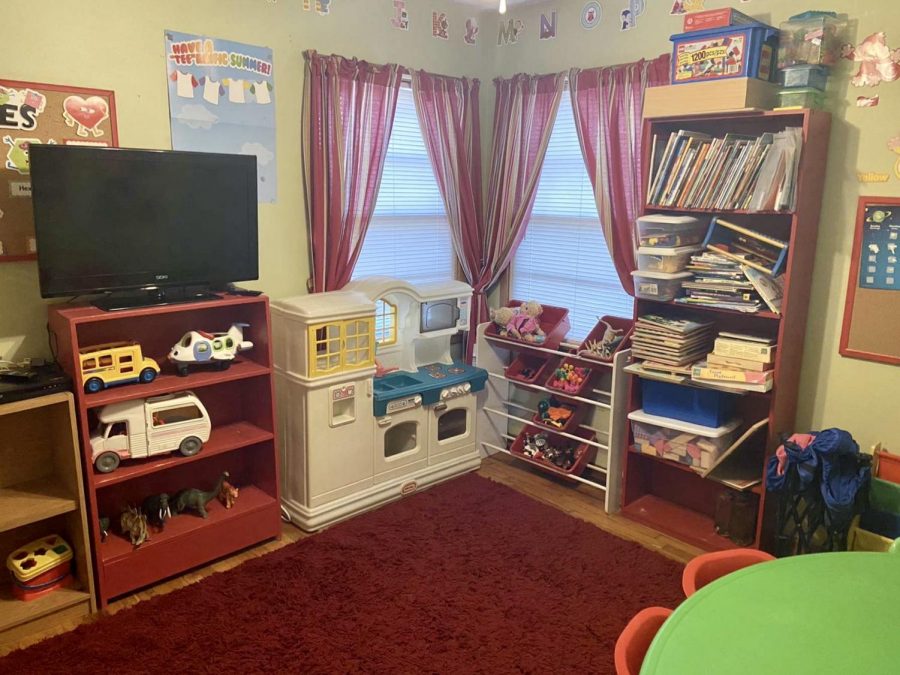COVID-19 part two: Living with essential workers
Despite encouragement to stay home during the COVID-19 pandemic, essential tasks and goods require essential workers. Seniors Annika Senn and Kobi Mathies and junior Alaycea Kremeier live with essential workers, Kremeier even being one herself. Due to the greater risk of exposure to the virus, daily life has changed for these families.
Coming in all different shapes and forms, essential workers range from fast food workers to health care professionals. Senn’s mother is a physician at Newton Medical Center, while Mathies’ mother is an in-home daycare provider, and Kremeier’s father is a mechanical engineer. In addition to living with an essential worker, Kremeier herself is a Certified Nursing Assistant (CNA) at Schowalter Villa making health precautions important for her safety, as well as her residents’.
“Health precautions are necessary because we are taking care of elderly people, and some people who already have other health conditions,” Kremeier said. “When we get to work there is only one door we are allowed to use, and when we walk in we put hand sanitizer on, masks, get our temperature taken and get questioned about symptoms.”
All three families are taking health precautions inside the home. Whereas Senn and Kremeier’s relatives are removing clothing and shoes and showering upon entering the house, Mathies’ mother must go to even greater lengths to reduce the risk of infection for both her family and daycare clients.
“I am staying clean, sanitizing, and my mom is taking preventative measures to disinfect. She has been rotating the toys in use, keeping kids as distanced as possible, and making contactless pickup and drop offs,” Mathies said.
With living in such close proximity to an essential worker, especially a healthcare professional, Senn said she is more concerned with contracting the virus than her peers.
“I am more fearful of the virus than my peers\; however, I think I have a much better chance of knowing if she did come into contact with someone with the virus since she is in the medical field,” Senn said. “If she were to work in a grocery store she may never know she was exposed.”
Despite being in a possibly hazardous position, Kremeier does not worry about infecting any of the nursing home residents.
“I do not fear that I will pass the virus on because of how many times I wash my hands throughout my shifts, use hand sanitizer and I am, as well as everyone else, wearing a mask through my entire shift,” Kremeier said.
While Mathies, Kremeier and Senn can agree that their lifestyles have not changed drastically. Mathies said that some of the precautions he and his family are taking are impediments to his daily life.
“I am not seeing people nearly as much, and we are all just trying to find things to do while at home since we can’t really go anywhere else. We are also being much more cautious about being clean, more so than before the pandemic,” Mathies said. “It is more of a hindrance in how much we can do without risking exposure or risking other people’s exposure.”
Kremeier said that despite it being such a hectic time, the residents of the nursing home still need caretakers and she is happy to be providing.
“Many people think it’s crazy that I’m still going to work, but if you think about it, it’s my job,” Kremeier said. “I love taking care of my residents and being able to make their day in some way.”

